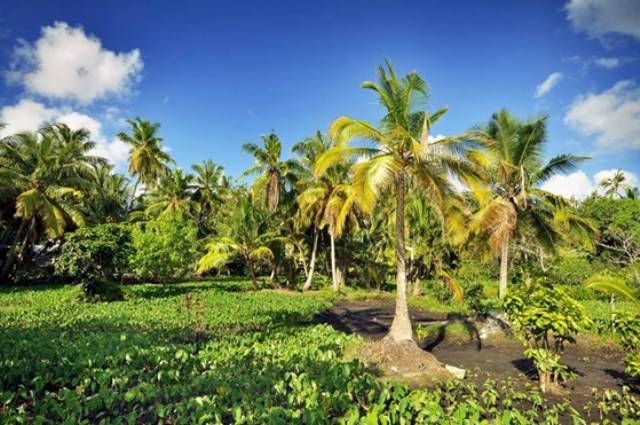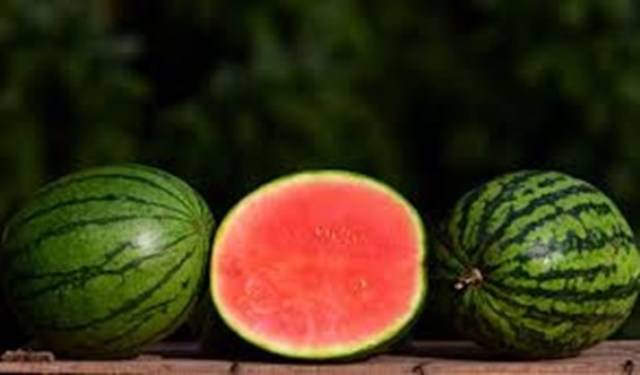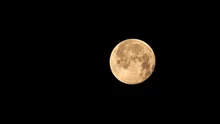
The seedless watermelon is sold for Rs 120 per kilogram,in Maldives. This crop, which was originally not a part of the island’s regular produce, has enriched the lives of farmers in the region, thanks to the efforts of a civil engineer from Kerala.
EC Manoharan, who hails from Perinjanam in Kerala, first visited the Maldives in 2011, where he visited for work purposes, and later returned in 2013 to construct a boathouse and terminal in the country.
It was then that he began to notice that the Maldives shared a similar climate to that of Kerala.
However, they were importing seeds from Europe for agriculture on the island, a concept which was proving to be unprofitable for the islanders. Manoharan managed to convince the farmers of Vattaru that it would be more profitable to use seeds and planting materials such as organic fertilisers and pesticides from Kerala, a region that was much closer to the island so that the same conditions could be replicated for optimum growth.
He approached the Kerala Agriculture University, for a second opinion. After deliberations with the institution, he selected a few varieties which would be best suited to grow on the island.
This included bitter gourd, known as Preethi, cucumber, bottle gourd, and the seedless watermelon varieties of Swarna and Shonima. In association with T Pradeep Kumar, a scientist at KAU, he developed the seeds which were then sent to the island.
What followed was a widespread success. The watermelon, which fetches around Rs 900 per fruit is widely sought after in resorts across the country.

In Kerala, where the same seed yields fruits that weigh 3 kilograms on average, yields fruits weighing 8 kilograms, in the Maldives!
The cow dung and organic pesticides are used as a natural means to grow the crops. Artificial pollination was used, however, as natural agents such as bees and butterflies were not common on the Vattaru Island.
Using native seeds, which are more suited to the climatic conditions of Vattaru Island has ensured that the farmers can reap their benefits, and secure their livelihoods, increasing the stability of their income.
It is also possible that the seedless crop varieties that did so well on the island may be extensively cultivated in the coastal regions in India, as the demand for them continues to rise!








